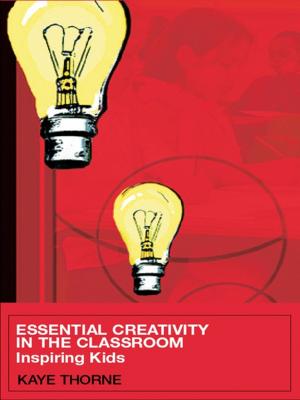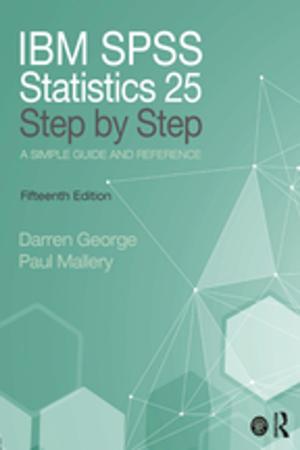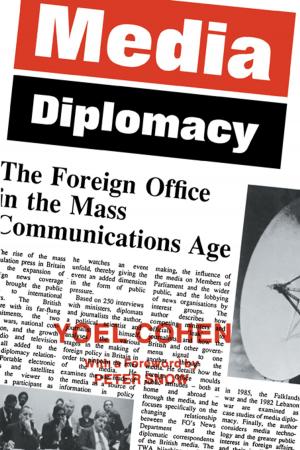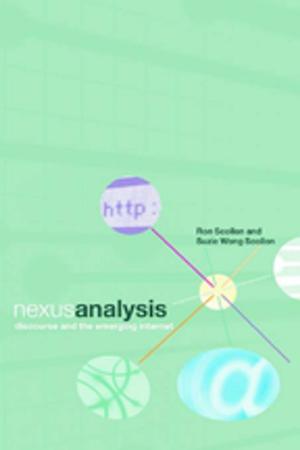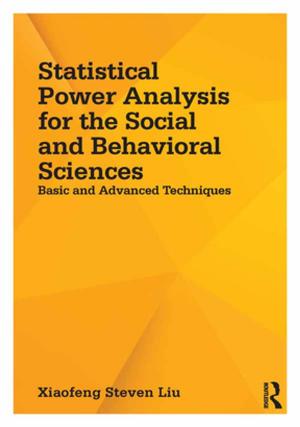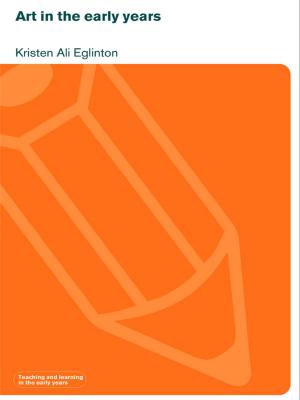| Author: | Christopher Shields | ISBN: | 9781317952138 |
| Publisher: | Taylor and Francis | Publication: | January 10, 2014 |
| Imprint: | Routledge | Language: | English |
| Author: | Christopher Shields |
| ISBN: | 9781317952138 |
| Publisher: | Taylor and Francis |
| Publication: | January 10, 2014 |
| Imprint: | Routledge |
| Language: | English |
In this extensively revised new edition of his excellent guidebook, Christopher Shields introduces the whole of Aristotle’s philosophy, showing how his powerful conception of human nature shaped much of his thinking on the nature of the soul and the mind, ethics, politics, and the arts.
Beginning with a brief biography, Shields carefully explains the fundamental elements of Aristotle’s thought: his explanatory framework, his philosophical methodology, and his four-causal explanatory scheme. Subsequently he discusses Aristotle’s metaphysics, the theory of categories, logical theory, and his conception of the human being as a composite of soul and body.
The last part concentrates on Aristotle’s value theory as applied to ethics and politics, and assesses his approach to happiness, virtue, and the best life for human beings, before turning to a consideration of Aristotle's theory of rhetoric and the arts, with a special focus on his perennially controversial treatment of tragedy.
This second edition includes an expanded discussion of Aristotle's method, and new sections on key issues in perception, thought, akrasia, and mimesis. It concludes with an expanded assessment of Aristotle's legacy, sketching currently emerging Neo-Aristotelian movements in metaphysics and virtue ethics.
In this extensively revised new edition of his excellent guidebook, Christopher Shields introduces the whole of Aristotle’s philosophy, showing how his powerful conception of human nature shaped much of his thinking on the nature of the soul and the mind, ethics, politics, and the arts.
Beginning with a brief biography, Shields carefully explains the fundamental elements of Aristotle’s thought: his explanatory framework, his philosophical methodology, and his four-causal explanatory scheme. Subsequently he discusses Aristotle’s metaphysics, the theory of categories, logical theory, and his conception of the human being as a composite of soul and body.
The last part concentrates on Aristotle’s value theory as applied to ethics and politics, and assesses his approach to happiness, virtue, and the best life for human beings, before turning to a consideration of Aristotle's theory of rhetoric and the arts, with a special focus on his perennially controversial treatment of tragedy.
This second edition includes an expanded discussion of Aristotle's method, and new sections on key issues in perception, thought, akrasia, and mimesis. It concludes with an expanded assessment of Aristotle's legacy, sketching currently emerging Neo-Aristotelian movements in metaphysics and virtue ethics.


